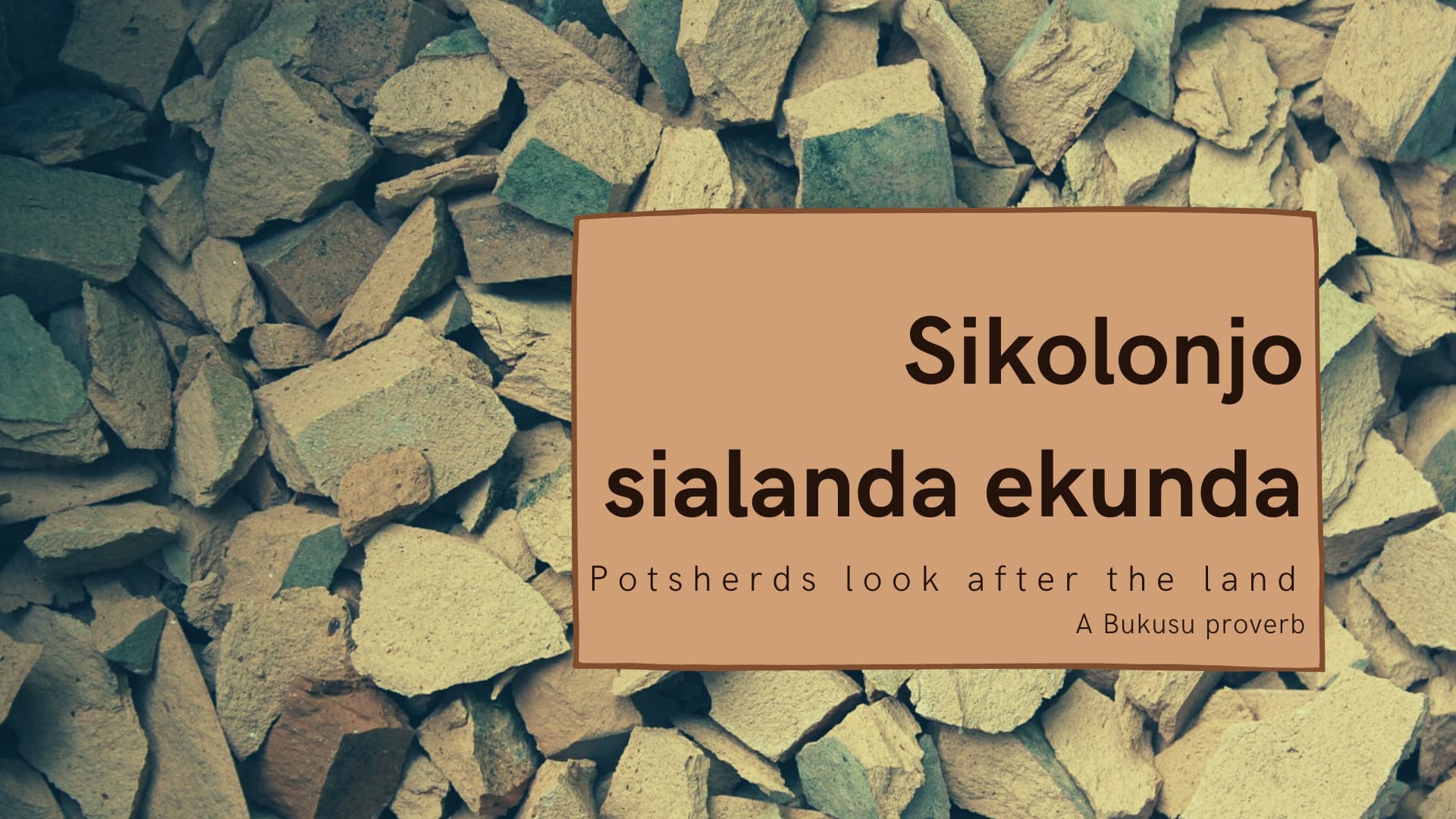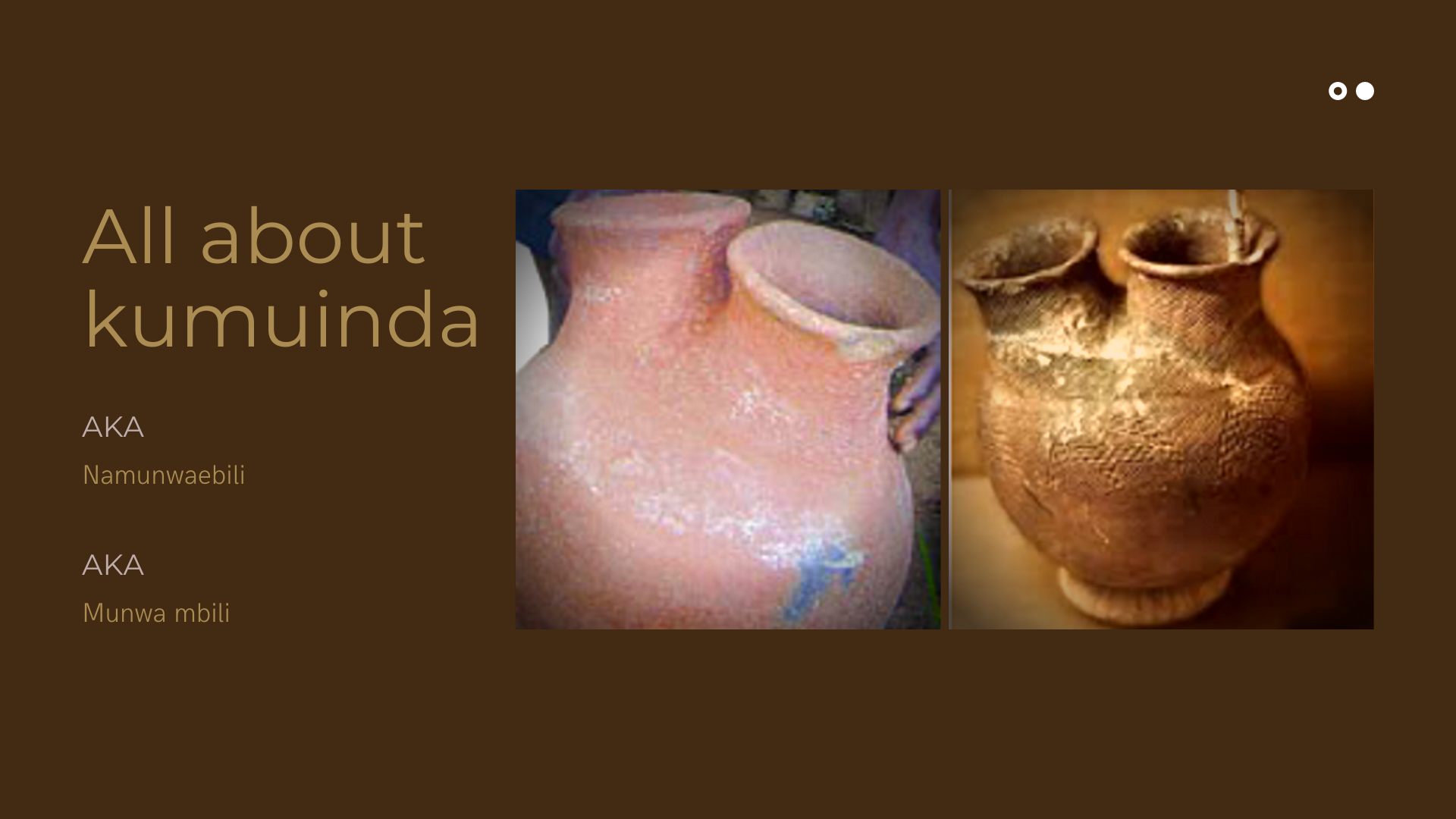Meaning of the Bukusu saying sikolonjo sialinda ekunda: Unpacking hidden gems of the traditional Bukusu land tenure system
We explore the meaning of the Bukusu saying sikolonjo sialinda ekunda. In the process, we shed light on aspects of the traditional Bukusu land tenure system, pottery and circumcision. Sikolonjo sialinda ekunda in English “Potsherds look after (take care of) the land.” It was during sisingilo of Bachuma II, between 1972 to 1986, when the … Read more



